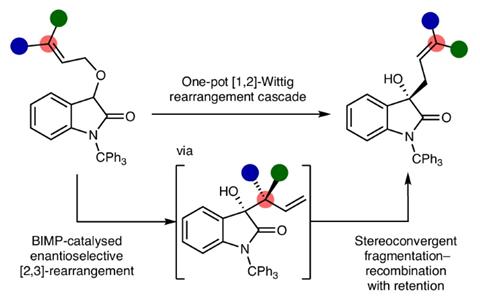In a groundbreaking study conducted at the University of Edinburgh, a colony of E. coli bacteria is harnessed to produce hydrogen gas from sugars derived from old naan bread. This procedure takes place in a hermetically sealed flask under controlled laboratory conditions and employs a palladium catalyst to enable an important industrial reaction called hydrogenation. […]
Read More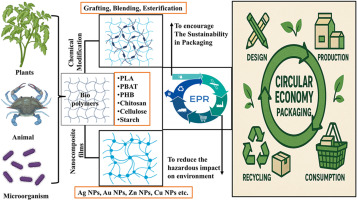
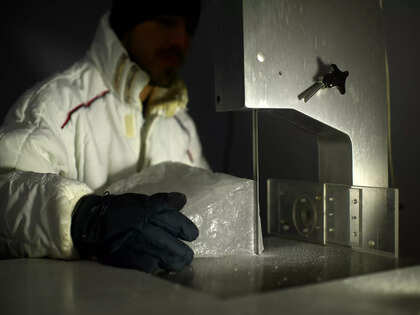

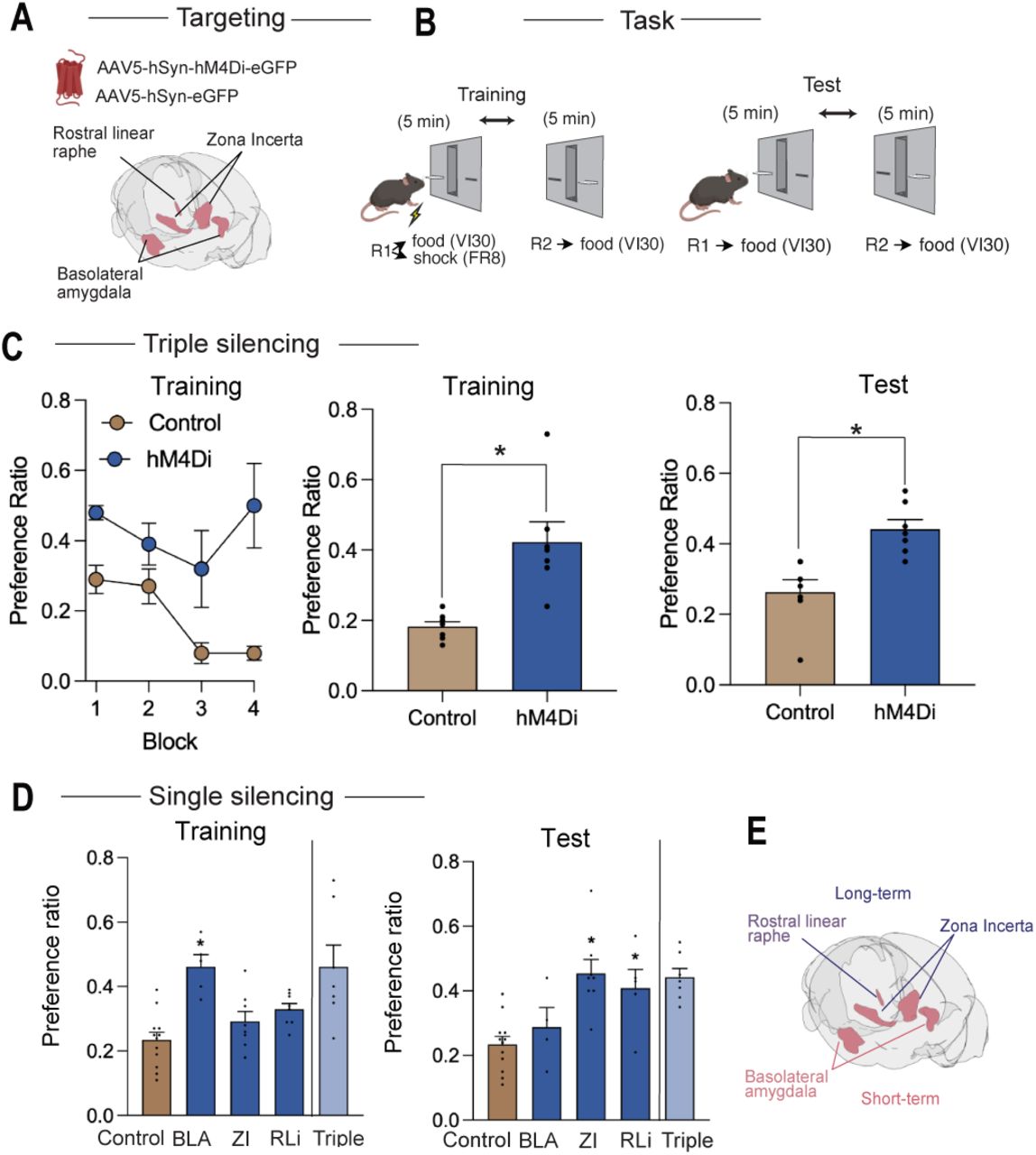
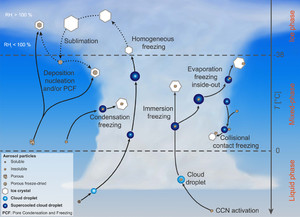

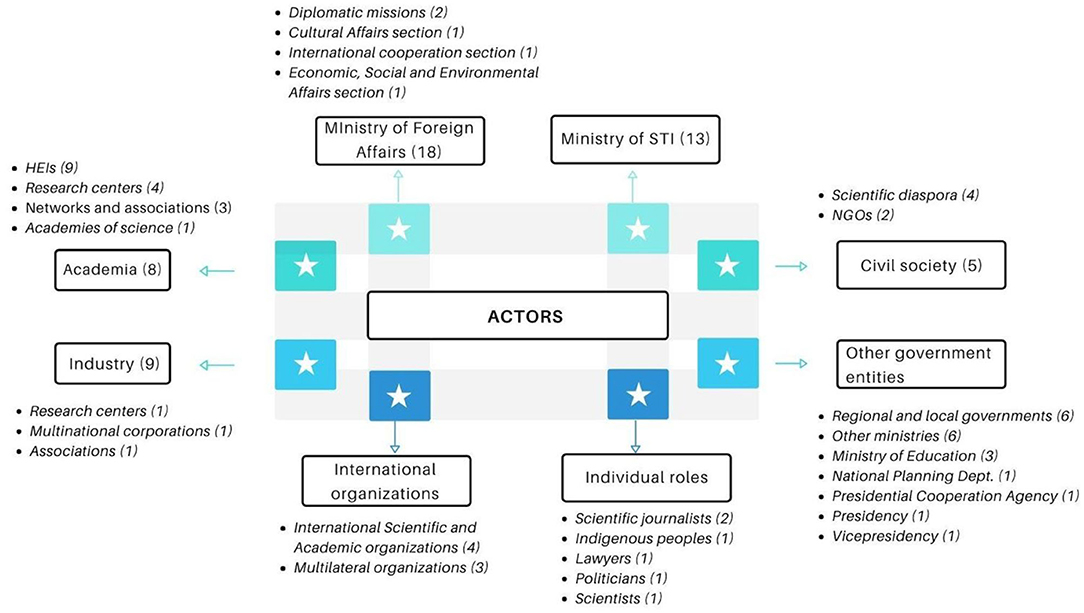

![Regulated [1,2]-Wittig Reaction Attains Products with Specific Stereochemistry](https://wolfscientific.com/wp-content/uploads/2026/02/regulated-12-wittig-reaction-attains-products-with-specific-stereochemistry.jpg)
